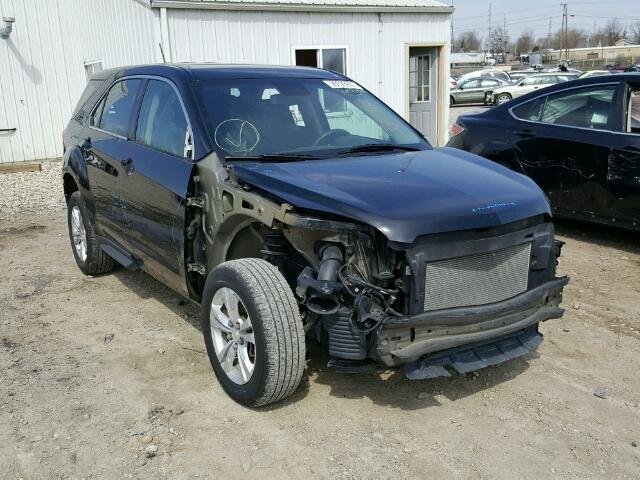Maintaining a vehicle involves addressing a variety of issues that may arise over time. While some car problems require professional attention, many common issues can be managed with a bit of knowledge and the right approach. This blog post by junk car removal Sydney provides expert advice on fixing common car issues, offering practical solutions and tips for maintaining your vehicle’s performance and reliability.
Engine Trouble
One of the most common issues drivers face is engine trouble. Symptoms such as unusual noises, difficulty starting, or poor acceleration can indicate various problems. If the engine is running rough or stalling, it may be due to a faulty spark plug, clogged fuel filter, or issues with the ignition system. Regularly checking and replacing spark plugs can prevent engine misfires. Cleaning or replacing the fuel filter ensures that the engine receives a steady flow of clean fuel. For more serious engine problems, such as a misfiring engine or loss of power, consulting a professional mechanic is advisable.
Overheating
Overheating can cause significant damage to an engine if not addressed promptly. Common causes of overheating include a low coolant level, a malfunctioning thermostat, or a failing water pump. If the engine temperature gauge rises or steam starts to emit from under the hood, it is essential to stop the vehicle and let it cool down. Check the coolant level and top it off if necessary. Inspect the radiator for leaks or clogs, and ensure that the thermostat and water pump are functioning correctly. If overheating persists, a thorough inspection by a mechanic is recommended.
Braking Issues
Braking problems can compromise vehicle safety and performance. Common signs of braking issues include squeaking or grinding noises, a soft or spongy brake pedal, or reduced braking efficiency. Squeaking noises often indicate worn brake pads, which should be replaced to maintain braking performance. Grinding noises may suggest that the brake pads are severely worn and have caused damage to the rotors. If the brake pedal feels soft, it could be due to air in the brake lines or a leak in the braking system. Bleeding the brakes and inspecting for leaks can help resolve these issues.
Transmission Problems
Transmission issues can manifest as slipping gears, hard or jerky shifts, or unusual noises. These problems may result from low transmission fluid, a worn clutch, or a faulty transmission filter. Checking the transmission fluid level and topping it off if needed is a simple step to address some transmission issues. If the problem persists, inspecting the transmission filter and replacing it may be necessary. For severe transmission problems, such as slipping gears or grinding noises, professional repair or replacement may be required.
Electrical System Failures
Electrical system issues can affect various components of a vehicle, including the battery, alternator, and starter. Common symptoms of electrical problems include dim headlights, difficulty starting the engine, or frequent fuse blowouts. If the headlights appear dim, it could indicate a failing alternator or a weak battery. Testing the battery and alternator can help identify the issue. If the engine struggles to start, the starter motor or ignition system may be at fault. Replacing faulty electrical components or addressing wiring issues can resolve many electrical system problems.
Also visit: https://totalcarremoval.com.au/car-removal-springwood/
Suspension Issues
A vehicle’s suspension system plays a crucial role in providing a smooth and comfortable ride. Common signs of suspension problems include a bumpy ride, uneven tire wear, or excessive bouncing. Worn-out shock absorbers or struts can cause a bumpy ride and should be replaced to restore comfort and control. Uneven tire wear may indicate alignment issues, which can be corrected by aligning the wheels. Regularly inspecting and maintaining the suspension system can prevent issues and ensure a smooth driving experience.
Air Conditioning Problems
A malfunctioning air conditioning system can affect comfort, especially during hot weather. Common issues include weak airflow, warm air blowing from the vents, or unusual noises. If the air conditioning system blows warm air, it may be due to a low refrigerant level or a faulty compressor. Checking the refrigerant level and recharging it if necessary can often resolve the problem. If the system produces unusual noises, it could indicate a problem with the compressor or other components. Professional diagnosis and repair may be required for complex air conditioning issues.
Conclusion
Addressing common car issues can help maintain vehicle performance and safety. By understanding the symptoms and potential causes of engine trouble, overheating, braking issues, transmission problems, electrical system failures, suspension issues, and air conditioning problems, drivers can take proactive steps to resolve these issues. While some problems can be fixed with basic maintenance and repair, others may require professional assistance. Regular vehicle inspections and timely repairs can prevent minor issues from escalating into major problems, ensuring a reliable and enjoyable driving experience.
Explore additional informative content.




